March was National Reading Month—a month to bring awareness to the practice of reading for education, enrichment, and connection. To celebrate, I have compiled a top-ten list of both classic and newer books on grief, loss, and bereavement. These insightful reads can be helpful for patients, family members, and medical providers to read at any stage of the journey.
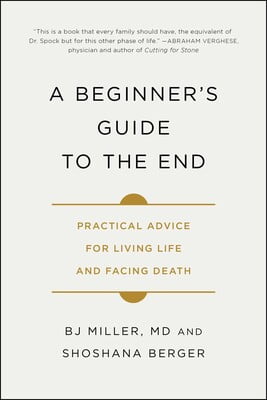
1. A Beginner’s Guide to the End: Practical Advice for Living Life and Facing Death
B.J. Miller, MD and Shoshana Berger
A Beginner’s Guide to the End blends the wisdom of a legendary hospice physician with that of a journalist and experienced caregiver to provide a detailed and pragmatic guide to death, the most universal of experiences. Death and dying are not subjects that many are comfortable talking about, but it’s hugely important to be prepared—emotionally, physically, practically, financially, and spiritually. You’ll get real-world, applicable advice on the medical, legal, logistical, and more abstract aspects of a fate we all share.
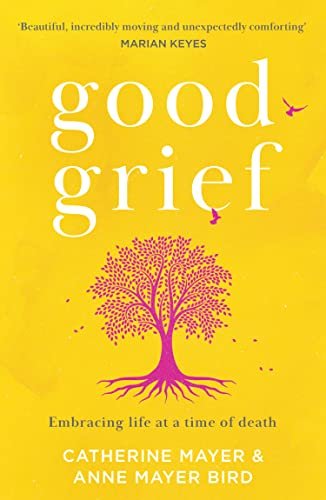
2. Good Grief: Embracing Life at a Time of Death
Catherine Mayer and Anne Mayer Bird
Catherine Mayer and her mother Anne Mayer Bird were widowed at the start of the COVID-19 pandemic. Good Grief is their story of supporting each other through whirling grief, ‘sadmin’ and the darkest of times, and their journey to embrace life again—with humor and grace. This book offers an essential testimony to mortality, enduring love and unexpected joy.
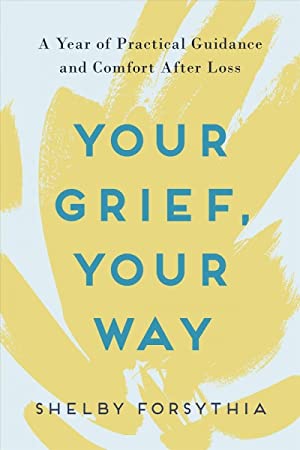
3. Your Grief, Your Way: A Year of Practical Guidance and Comfort After Loss
Shelby Forsythia
This book by Intuitive Grief Guide and author Shelby Forsythia is a daily devotional that provides comforting words, quotes, tips, and practical ideas for navigating life after loss. With bite-sized, digestible nuggets, Your Grief, Your Way covers multiple ways to process grief gently and healthily, from the perspective of a wide range of grievers. It is a perfect companion for anyone who is tending to their grief on their own timing and terms.
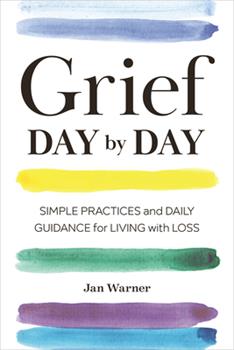
4. Grief Day By Day: Simple Practices and Daily Guidance for Living with Loss
Jan Warner
This loss recovery handbook can help facilitate healing through daily reflections and exercises that address the everyday emotions and experiences that accompany the typical rollercoaster of the grieving process. Exploring grief through quotes, musings, meditations—all tied together by a weekly theme such as guilt, intimacy, faith, loneliness, hope, love—will allow you to reflect on each feeling with greater meaning and depth.
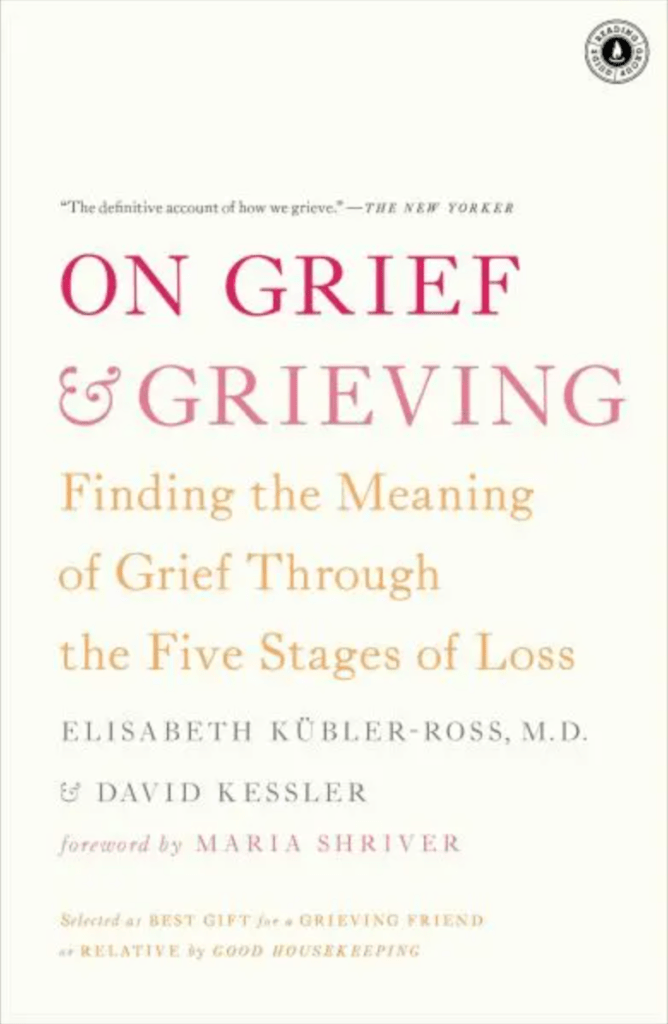
5. On Grief and Grieving: Finding the Meaning of Grief Through the Five Stages of Loss
Elisabeth Kübler-Ross and David Kessler
Elisabeth Kübler-Ross’s previous book, On Death and Dying, changed the way we talk about the end of life through identifying the five stages of death. Before her own death in 2004, Kubler-Ross and grief expert David Kessler completed this follow-up volume, which looks at the way we process and experience grief through the lens of these same 5 stages, weaving together theory, inspiration, and practical advice.
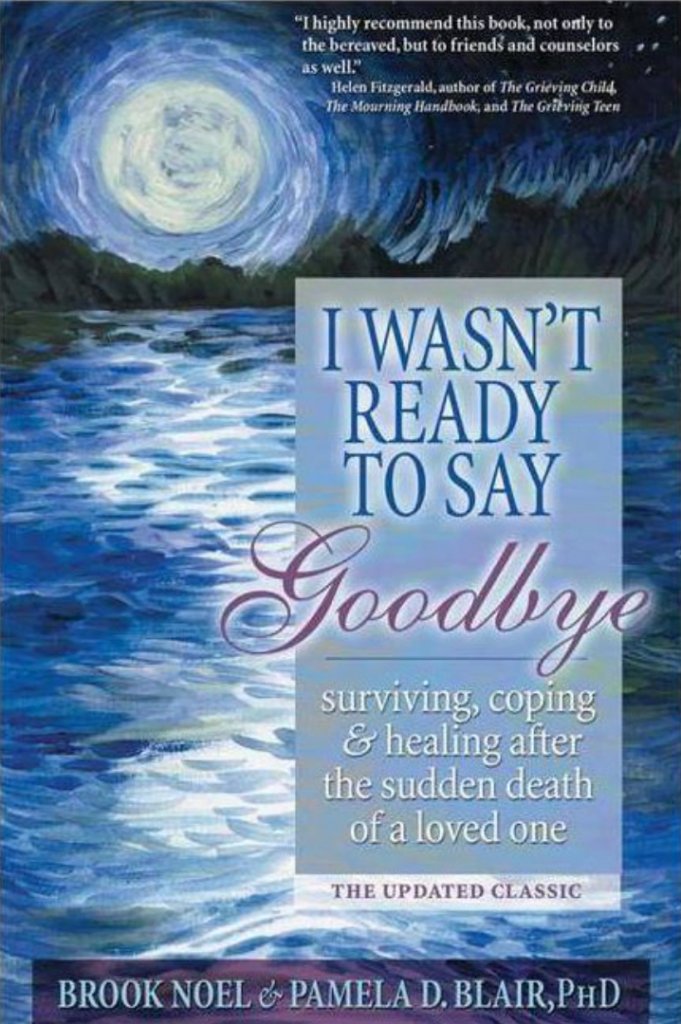
6. I Wasn’t Ready to Say Goodbye: Surviving, Coping and Healing After the Sudden Death of a Loved One (A Compassionate Grief Recovery Book)
Brook Noel and Dr. Pamela D Blair
Whether you’re grieving the sudden loss of a loved one or helping someone else through their grief, this timeless best seller offers a comforting hand to help guide you through the grieving process, from the first few weeks to the longer-term emotional and physical effects of mourning the loss of a child, partner, parent, sibling, friend, or pet. It also reveals some of the myths of the grieving process and what really happens as you navigate through the pain of difficult days like holidays, anniversaries, and birthdays, and begin to rebuild life.
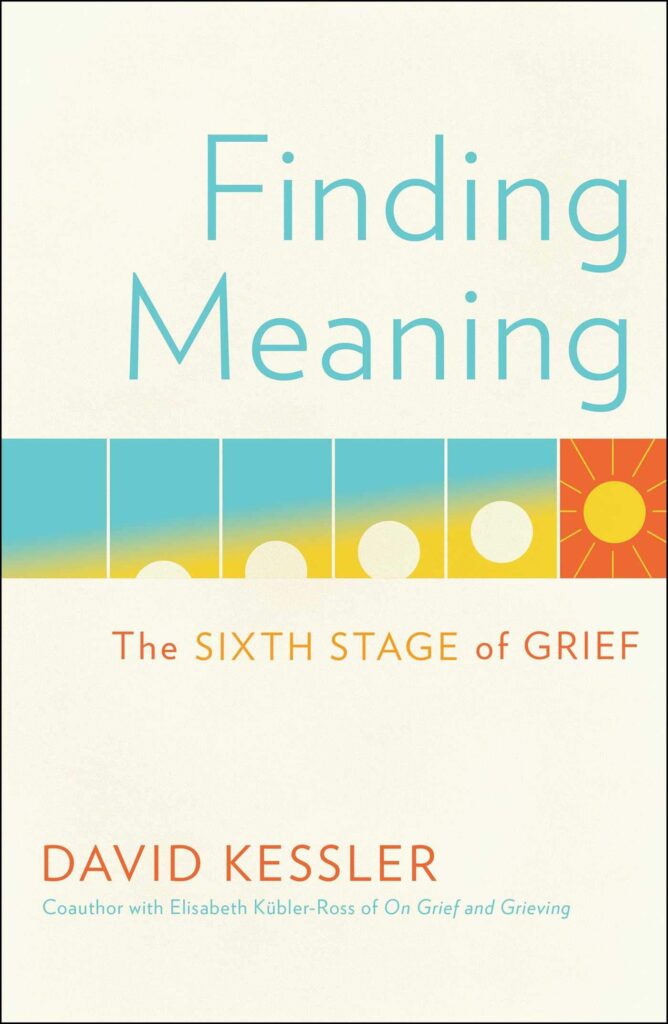
7. Finding Meaning: The Sixth Stage of Grief
David Kessler
In this groundbreaking and poignant bestseller, grief expert David Kessler journeys beyond the classic five stages to discover and introduce a critical sixth stage: meaning. Kessler’s insight is intensely personal, having faced mass shootings as well as the devastating loss of his mother and his young son. He also has the insight of a professional, thanks to his work as a grief and trauma educator for medical providers. In Finding Meaning, Kessler shares insights, collective wisdom, and powerful tools that can help us find a “silver lining” in experiencing loss.
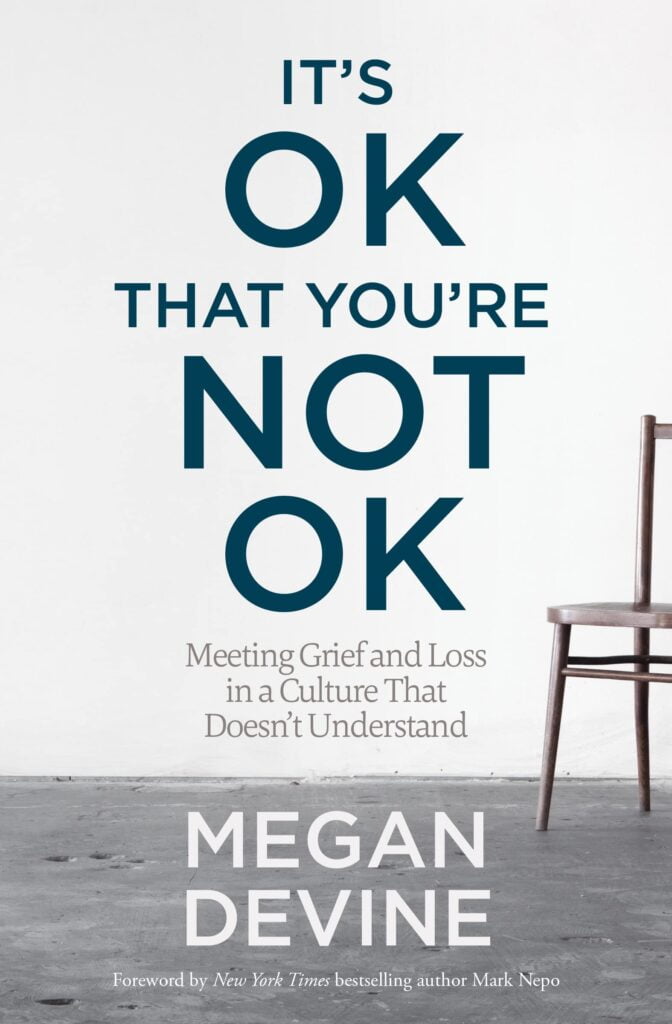
8. It’s OK That You’re Not OK: Meeting Grief and Loss in a Culture That Doesn’t Understand
Megan Devine
Megan Devine, a pioneering psychotherapist, challenges the many myths of grief and offers a profound new resource for those experiencing loss in this modern release. Devine challenges conventional cultural wisdom which tends to treat grief like a disease to be cured as quickly as possible and invites us to see grief as a mystery to be honored instead of a problem to be solved. This powerful book brings to light how grief is simply love as its rawest and most painful form, encouraging readers to adopt healthier alternatives to build a life alongside grief rather than seeking to overcome it.
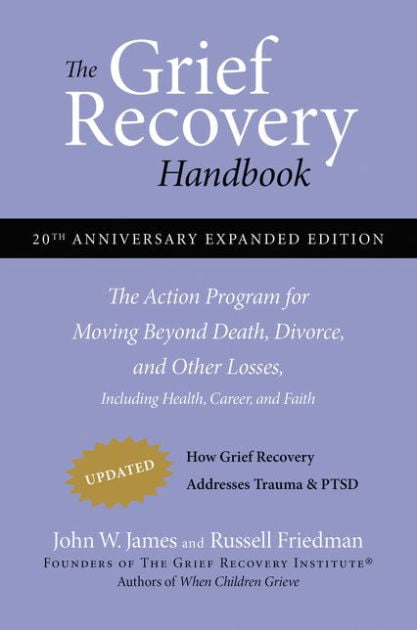
9. The Grief Recovery Handbook: The Action Program for Moving Beyond Death, Divorce, and Other Losses including Health, Career, and Faith
John James and Russell Friedman
Updated in its 20th edition, this classic resource further explores the effects of unresolved grief and sheds new light on how to begin to take action to complete the grieving process and work towards healing and happiness. Drawing from their own histories as well as from others’, the authors illustrate how it is possible to recover from grief and regain joy using a proven recovery program.
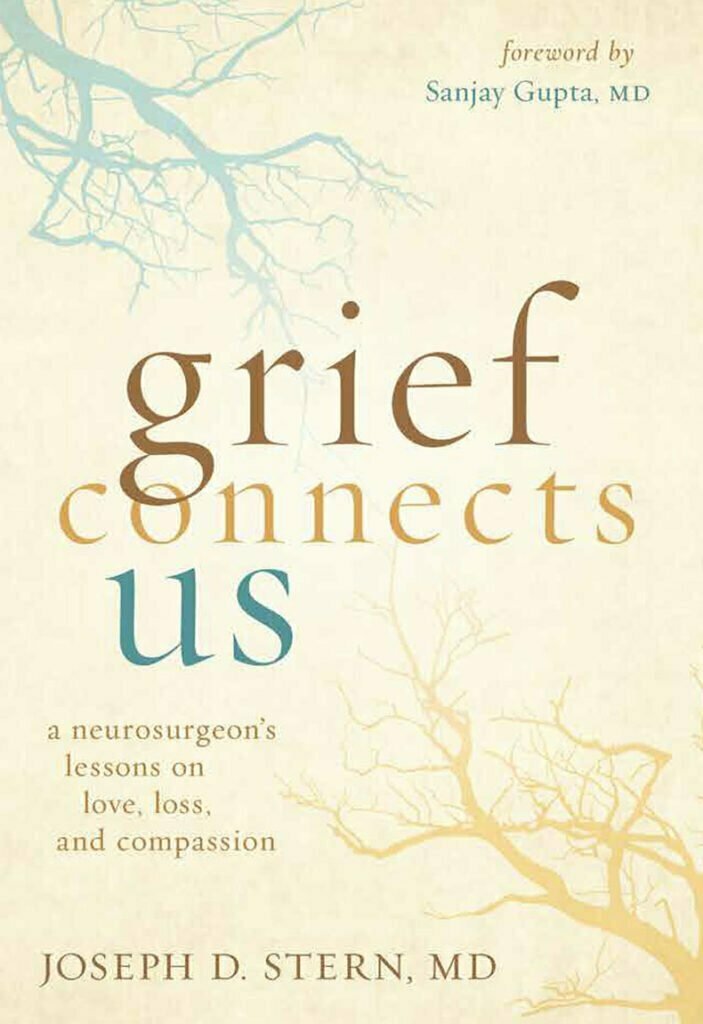
10. Grief Connects Us: A Neurosurgeon’s Lessons on Love, Loss, Compassion
Joseph Stern, MD
In my recent memoir, I explore how personal loss influences the way physicians relate to patients and their families. Through the loss of my own sister, I developed a greater awareness of the needs of patients and their families; of the burdens they carry; of the importance of connection, communication, and gratitude; and of what it means to ask the right questions. I wrote Grief Connects Us to help bridge the gap between patients and doctors, thus providing a window into their shared concerns and guiding us toward greater mutual understanding.
Do you have any favorites to add to this list? Let me know here! I also invite you to check out my Resources Page for additional books, articles, and lectures for those facing grief.

